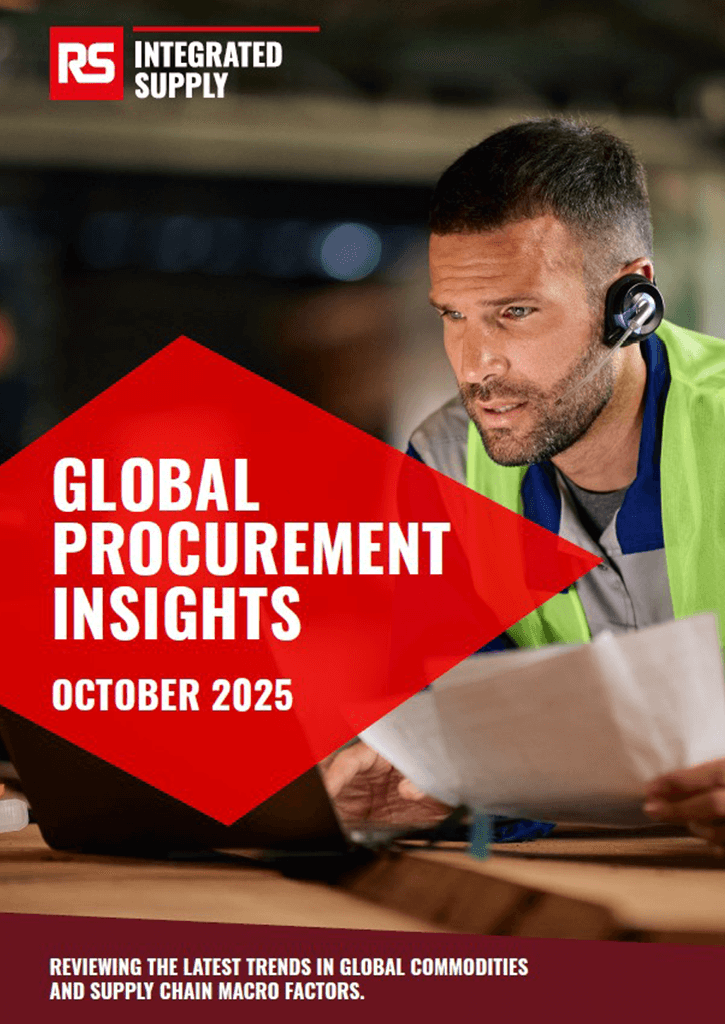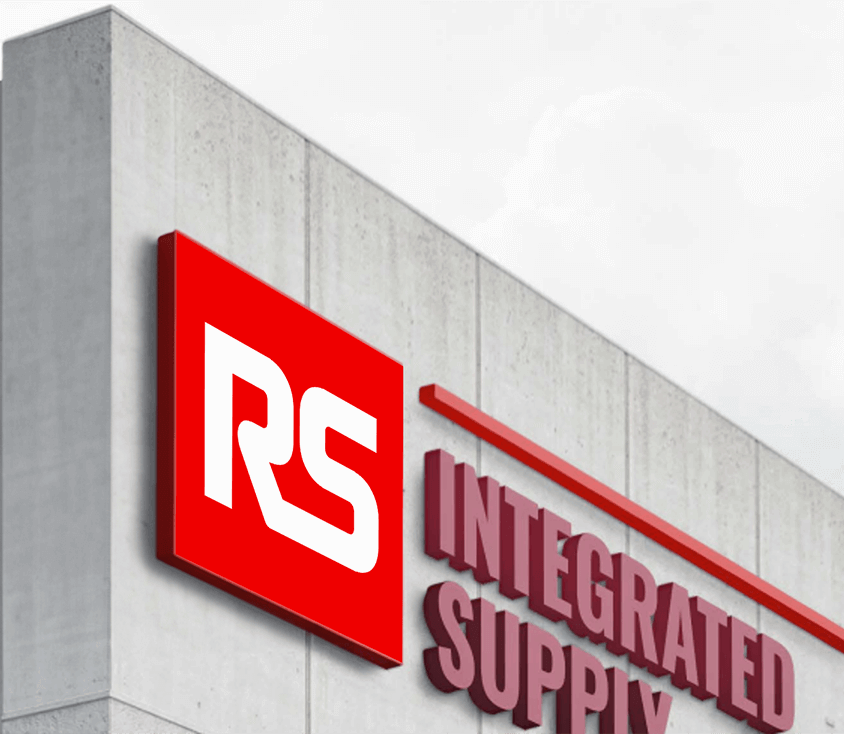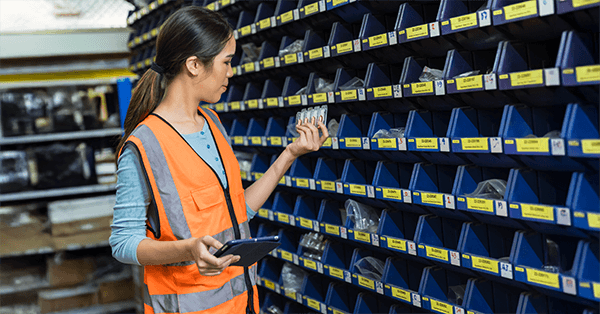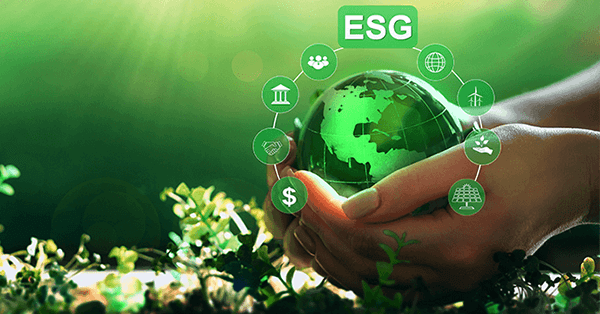Published on
Read time: 6 minutes

Maintenance, repair, and operations (MRO) supplies are often low-value items and overall MRO spend may be relatively small, but it is also business critical – and getting it wrong can be costly. Not having the right part available when you need it can mean extended downtime, impacting production.
Outsourcing the MRO supply chain to a specialist third-party integrator reduces these risks. It also offers a range of cost-saving benefits such as vendor consolidation, reduced transactional processing, and optimized inventory.
Another advantage involves environmental, social, and corporate governance (ESG). The importance of ESG to businesses has accelerated over recent years, with increased emphasis on reducing carbon footprints, making and using more sustainable products, and promoting ethical procurement practices. An MRO integrator is uniquely situated between suppliers and clients and plays an important role in driving the implementation of and compliance with ESG standards and best practices.
Advocating for ESG
Global MRO integrator RS Integrated Supply, which recently hosted an ESG forum with clients, senior management and senior leaders from parent company RS Group, is one such intermediary between suppliers and clients. “We see ourselves at the center of the global industrial value chain,” says Andrea Barrett, Vice President of Social Responsibility and Sustainability at RS Group. “We know that among our customers’ key business priorities and pain points is sustainability and ethical procurement, and that is an area where we can really help to facilitate and solve problems.”
Aiding communication between upstream and downstream is key. “We gather together all the insights, needs, and opportunities of our customers and are the mouthpiece for this up the supply chain to our suppliers, championing a greater focus on sustainable and responsible product development, packaging, logistics, and ethics,” continues Barrett. “Likewise, when our suppliers have taken action on these issues, we can again be the mouthpiece and amplifiers of the improvements that they’ve made.”
“Helping organizations to make better choices that support their ESG goals is a value add that we can offer to both our customers and suppliers and we’re committed to this championing and advocacy.”
Requesting verification
At the same time, Barrett is aware that requests for evidence of ESG improvements, however well intentioned, can become too onerous for suppliers, particularly small and medium-sized enterprises who may lack the resources to respond effectively. “It’s so important that reporting is done in the most efficient and effective way possible,” she states. “Report once to the highest possible standard rather than lots of individual, customer specific reports and questionnaires.”
The latter scenario can have an inadvertently detrimental effect. “The danger,” adds Barrett, “is that these small ESG teams just become reporting teams and don’t have the capacity to drive the action. That’s why I’m a big fan of reporting to a single platform where the information is available to everyone when needed.”
Universally recognized reporting tools therefore play an important role in the RS supplier evaluation framework. Asking partners to sign up to the Science Based Targets Initiative, an organization that helps businesses set emission reduction and net-zero targets aligned with climate science, is a priority, says Danny Hobson, Head of Product and Supplier Sustainability at RS Group. “Suppliers can get their net zero ambitions validated so colleagues and stakeholders can really believe in the targets that they’ve set as an organization,” he explains.
The benefits of accreditation
RS also supports EcoVadis, a global ESG sustainability rating. EcoVadis awards platinum, gold, silver, and bronze medals to companies based on their performance against specific sustainability and social responsibility criteria and RS sets achieving a silver medal as a priority for suppliers. “We felt it gives a really rounded view of suppliers’ ESG performance and their maturity in this space,” says Hobson.
Erica Zabriskie, Global Responsible Procurement Director at RS Integrated Supply, agrees. Zabriskie has found EcoVadis to be a valuable research tool. “The 360° findings really help you understand more about a supplier. You gain insights into their sustainability and responsible procurement activities without the need to request these details directly from them,” she says. “To have all that at your fingertips has been really useful.”
EcoVadis accreditation also benefits the supplier, notes Hobson, as “this enables you as an organization to have one assessment that you can share the results of with others.” It benefits RS Integrated Supply customers too, adds Zabriskie. In her words, “You want to have confidence that we are checking, auditing, and inspecting the suppliers we are buying from. We actively collaborate with our strategic suppliers and their EcoVadis standing is integrated into our internal scorecard.
“The return on investment from EcoVadis varies depending on where companies are in their sustainability journey,” she continues. “It has been valuable for me because I can quickly understand where our suppliers are in terms of their sustainability efforts and easily compare them with other suppliers in our network. The 360° Watch feature also allows me to monitor media coverage about our suppliers efficiently, without spending hours on research.
“All in all, the significant reduction in time spent collecting and analyzing data is one of the most impactful returns on investment.”
A commitment to continued improvement
RS uses EcoVadis to validate its own efforts as well. The results? A platinum rating for the second time, meaning the company’s ESG performance was in the top one percent of all organizations rated by EcoVadis in the previous 12 months. Examples of achievements include reducing carbon emissions by 61% (excluding recent acquisitions), energy consumption by 9%, and Scope 3 transport emissions intensity by 26% between 2019/20 and 2023/24.
There are, however, still challenges that hinder progress towards ESG goals – namely the perception that sustainable products cost more. “For one organization, sustainability criteria may be the overriding factor but to another it may be price because margins within that business are so tight,” says Hobson. “What I would say is the way that legislation is going, the way directives are taking us, is that we will have to find solutions for all of the products that are out there so sustainability will become key to everything going forward. We’re not quite there yet.”
More broadly there is a tension between competing demands. “We understand ESG is now fundamental to the core businesses of our clients,” says Barrett. “It’s a priority but there are a lot of challenges and pain points, too. You need products and solutions that can help you achieve your financial goals in terms of cutting costs and giving you a competitive advantage but also meet your environment and sustainability goals.”
Integrators such as RS Integrated Supply can provide valuable support when navigating these conflicting pressures. “We are committed to helping you make sure your operation is absolutely as efficient as possible by reducing costs, reducing resources, and meeting compliance and responsible sourcing objectives,” asserts Barrett. “We are pushing hard with our suppliers to make sustainability front and center of their new product development and align with our supplier framework. We are pleased with this progress but we’re certainly not resting on our laurels. How can we continue to drive forward in our next stage?”




